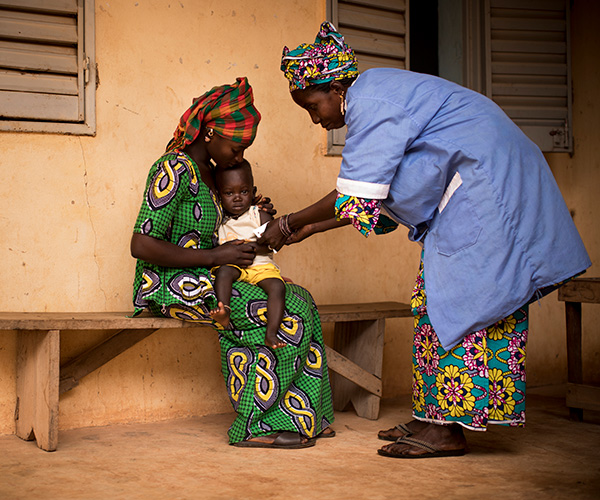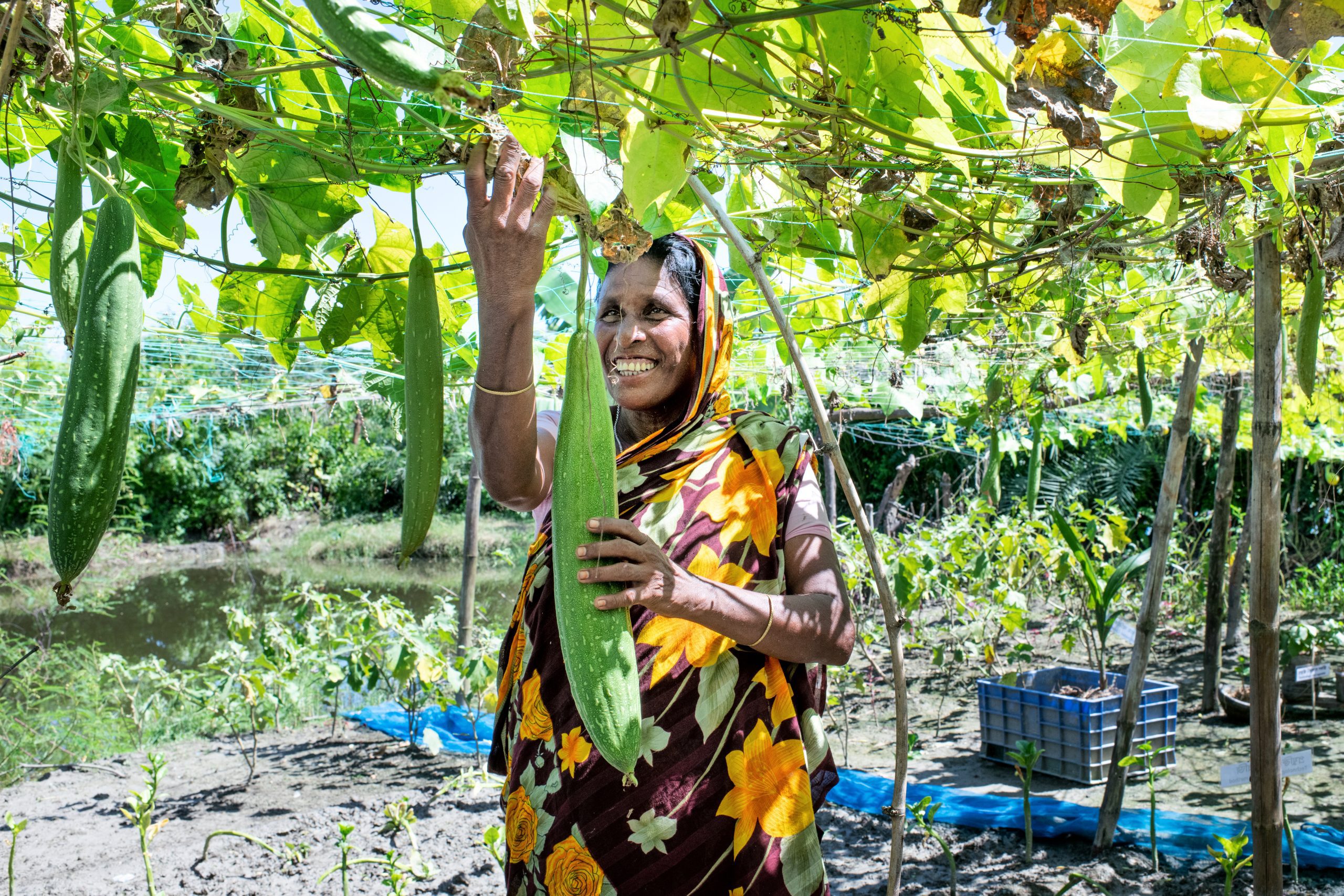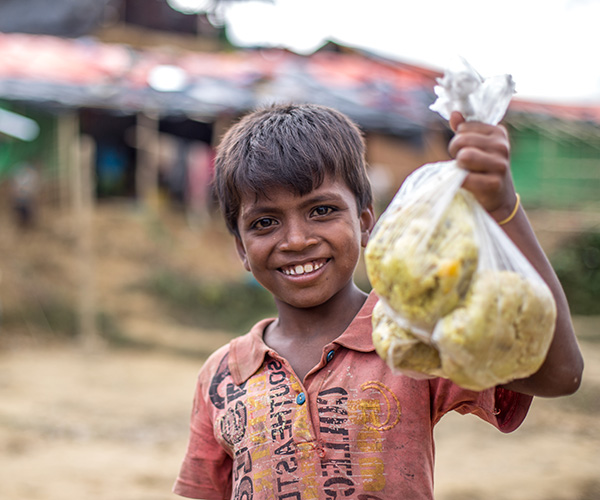About us

We save the lives of malnourished children and support their families to beat hunger.

Rising temperatures and extreme weather are having a huge impact on people who already live in some of the toughest places on earth.
We’re all seeing more and more extreme weather events like floods and wildfires. They destroy homes and crops. But what’s less well-known is that climate change has become a big cause of rising hunger around the world.
The climate emergency is a humanitarian emergency. Without change, there will be food crises globally due to the warming climate and biodiversity loss. Extreme weather events will become more frequent and growing seasons will be shorter.
Since 2008, nearly 175 million people in some of the poorest and most fragile countries in the world have been forced to flee their homes due to climate-related disasters — a number that’s growing year on year.
The painful fact is the worst consequences of climate change are faced by the poorest – the people who have done the least to cause the problem.
A gift of £3 a month could help families facing climate-related hunger. Please donate today.
Every year 30 million people are driven from their homes because of extreme weather.
Since the 1990s, the number of climate shocks (extreme weather events caused by climate change) has more than doubled.
By 2050, the risk of hunger and malnutrition could rise by 20 per cent if the global community fails to act now to mitigate and prevent the adverse effects of climate change.
With your support we can help fight climate related hunger around the world. Here’s how your donation could help:
Your gift will be used wherever the need is greatest.

We save the lives of malnourished children and support their families to beat hunger.

Discover how your donation helps us support 28 million people in 55 countries.

At all times, our aim is to save the lives of vulnerable people affected by hunger.